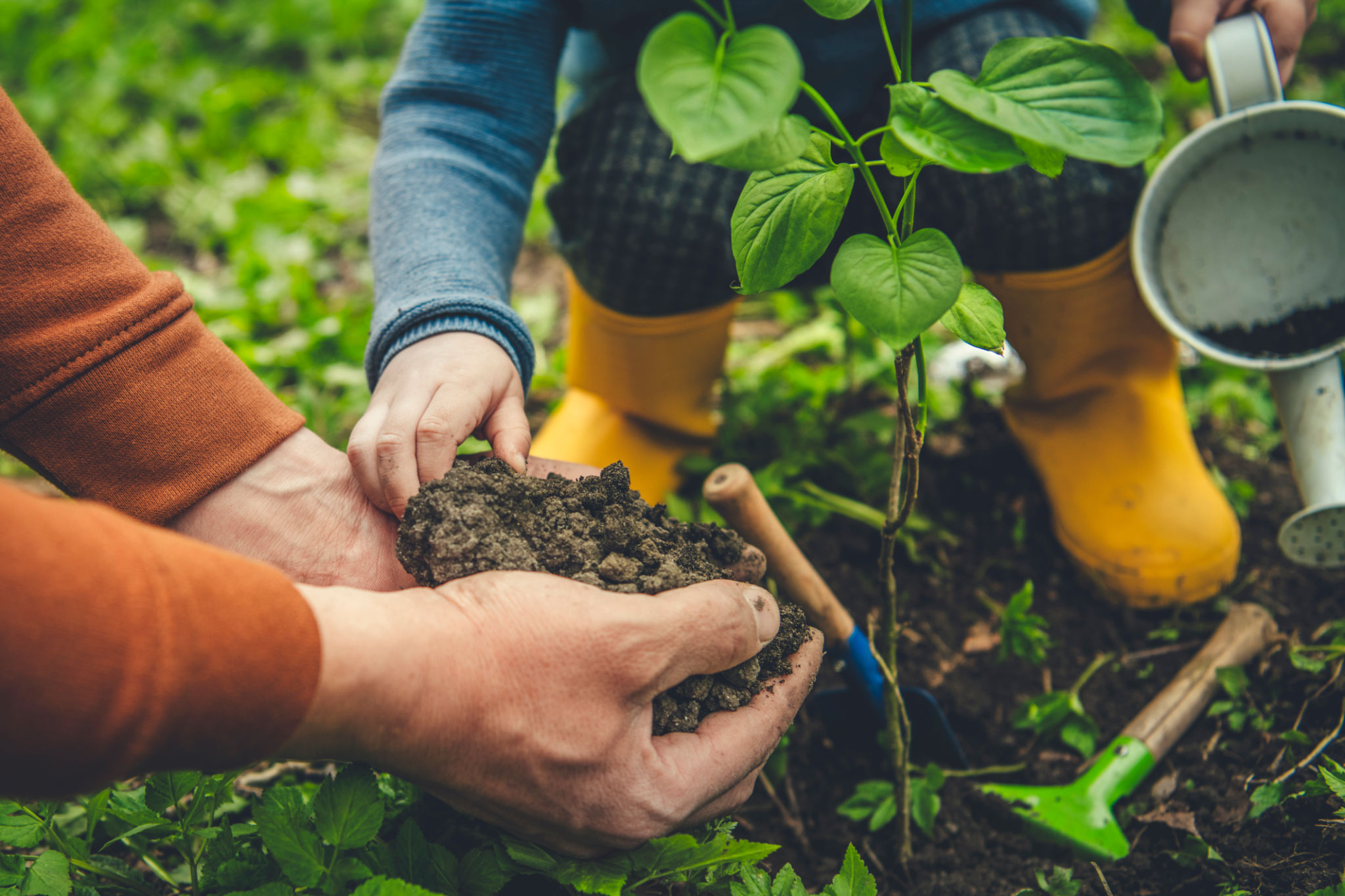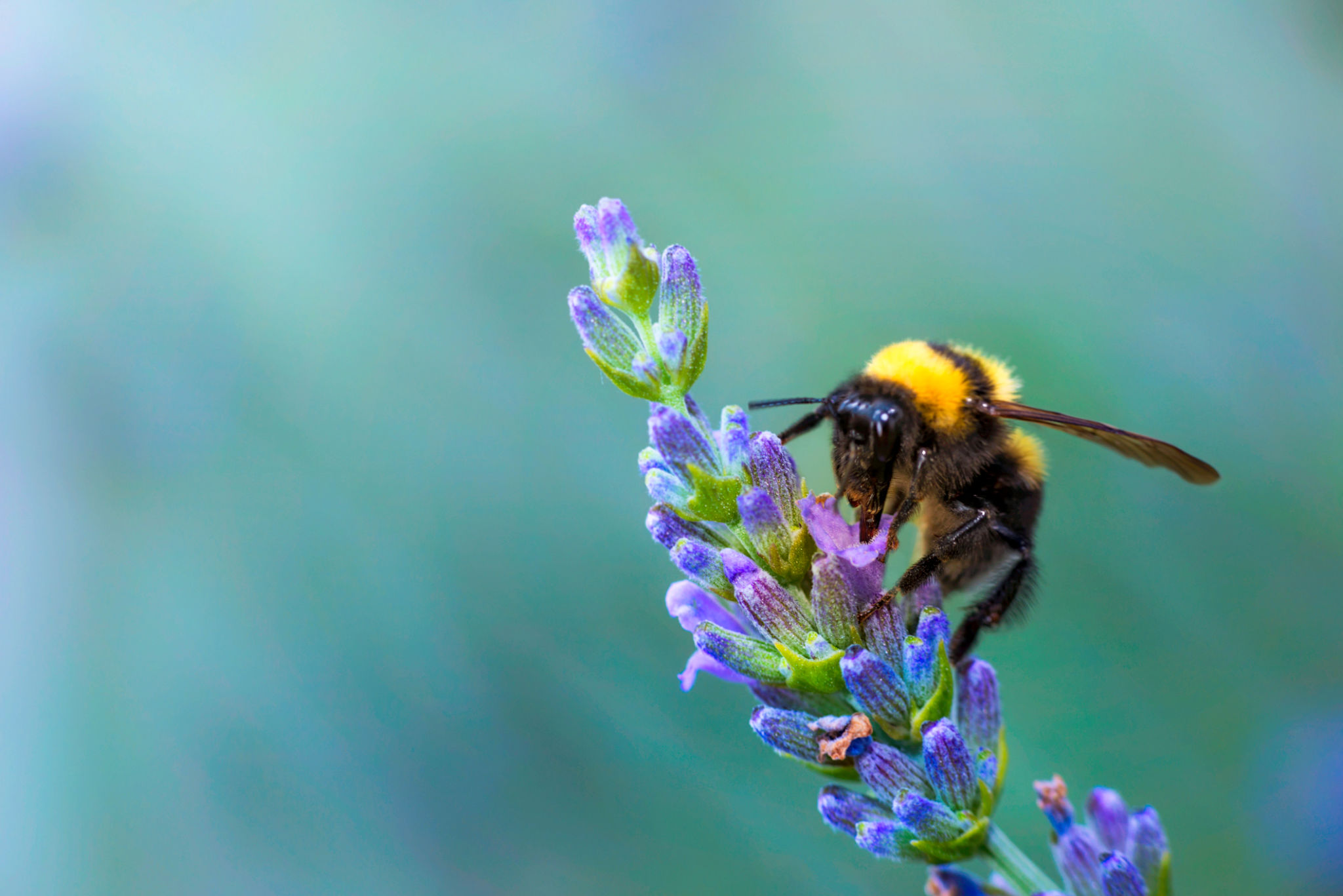Expert Tips for Sustainable Gardening: A New Perspective
Understanding Sustainable Gardening
Sustainable gardening is a practice that focuses on maintaining a healthy ecosystem while minimizing environmental impact. By adopting sustainable techniques, gardeners can cultivate lush, productive gardens without depleting resources or harming the planet. This approach not only benefits the environment but also enhances the health and resilience of the plants.
Embracing sustainable gardening means making conscious choices about plant selection, soil management, water usage, and pest control. By understanding the principles of sustainability, you can create a garden that thrives naturally and supports biodiversity.

Choosing Native Plants
One of the key aspects of sustainable gardening is selecting native plants. These plants are well-adapted to the local climate and soil conditions, which means they require less water and maintenance than exotic species. Native plants also provide essential habitats for local wildlife such as pollinators and birds.
To start, research the native plants in your area and incorporate them into your garden design. This not only supports the local ecosystem but also reduces the need for chemical fertilizers and pesticides, helping to maintain a healthier garden environment.
Soil Health and Composting
Healthy soil is the foundation of any successful garden. To enhance soil fertility sustainably, consider composting organic waste from your kitchen and garden. Composting recycles nutrients back into the soil, reducing the need for synthetic fertilizers.
Add organic matter regularly to improve soil structure and water retention. Practices like crop rotation and cover cropping can also prevent soil depletion and erosion. These methods encourage beneficial microorganisms that support plant growth naturally.

Efficient Water Management
Water conservation is a vital component of sustainable gardening. Implementing efficient irrigation techniques such as drip irrigation or soaker hoses can significantly reduce water usage. Additionally, mulch can be applied to retain soil moisture and suppress weed growth.
Collecting rainwater using barrels or other collection systems provides an eco-friendly alternative to using tap water. This not only cuts down on water bills but also reduces the strain on local water resources.
Natural Pest Control
Sustainable gardening emphasizes natural pest control methods to minimize harmful chemical use. Encouraging beneficial insects like ladybugs and lacewings in your garden can help keep pest populations in check. Planting companion plants that repel pests or attract predators is another effective strategy.

Regularly inspecting your plants for signs of pests and diseases can allow for early intervention with natural remedies such as neem oil or insecticidal soap. Integrated pest management combines these techniques to maintain a balanced garden ecosystem.
Creating a Wildlife-Friendly Garden
By building a wildlife-friendly garden, you can contribute to biodiversity conservation. Providing food, water, and shelter for wildlife such as birds, bees, and butterflies creates a thriving habitat. Planting a variety of flowering plants ensures a continuous food source throughout the growing season.
Installing birdhouses or bee hotels can further enhance your garden's appeal to wildlife. These efforts not only support local species but also enrich your gardening experience with the beauty and activity of nature.
The Benefits of Sustainable Gardening
Sustainable gardening offers numerous benefits beyond environmental preservation. It can lead to healthier plants that are more resistant to pests and diseases, ultimately reducing the need for chemical interventions. Moreover, it fosters a deeper connection with nature and encourages mindfulness in how we interact with our surroundings.

By adopting these expert tips for sustainable gardening, you can transform your outdoor space into a haven of productivity and ecological harmony. Embrace this new perspective and enjoy the rewards of a garden that flourishes sustainably.
